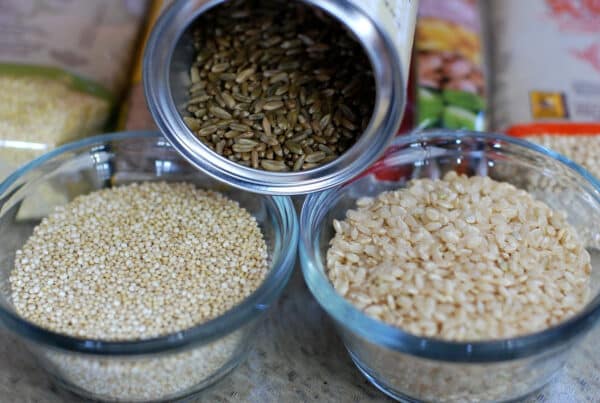
Understanding nutrition in senior years is crucial for maintaining health, independence, and quality of life. This infographic explores the unique dietary needs of the elderly, offering actionable advice on creating balanced meals that cater to their changing bodies. From navigating common challenges like decreased appetite and medication side effects to providing practical tips for meal planning and avoiding dietary pitfalls, this guide is designed to help seniors and their caregivers make informed decisions about daily nutrition.
Nutritional Needs for Seniors:
- Aging changes nutritional needs. Focus on Vitamin D, Calcium, and adequate hydration to combat age-related changes and medication effects.
Ideal Diet for Seniors:
- Fruits & Vegetables: Aim for a colorful mix, rich in fiber.
- Whole Grains: Include oats, quinoa, and barley for energy and digestion.
- Lean Proteins: Opt for fish, poultry, and legumes for muscle maintenance.
- Dairy: Choose low-fat milk, yogurt, or alternatives for calcium and vitamin D.
Common Nutritional Challenges:
- Reduced Appetite: Aging can decrease appetite; smaller, more frequent meals can help.
- Medication Side Effects: Some medications reduce appetite or make foods taste different.
- Physical Difficulties: Problems with teeth or digestion can make eating hard.
- Solutions:
- Nutrient-dense snacks like nuts and smoothies.
- Flavor enhancers to make food more appealing.
- Consult with a healthcare provider about appetite-enhancing supplements.
Healthy Eating Tips:
- Regular Meal Times: Eat at the same times each day to stabilize metabolism.
- Prepared Meals: Use services that deliver healthy meals or spend a day preparing meals for the week.
- Healthy Snacks: Keep fruits, vegetables, and whole grains within easy reach.
- Stay Hydrated: Older adults often feel less thirsty; set reminders to drink water throughout the day.
Avoiding Common Dietary Pitfalls:
- High Sodium: Choose fresh or frozen foods over canned or processed items to reduce salt intake.
- Excessive Sugar: Avoid sugary snacks and beverages; opt for fruits and naturally sweet foods instead.
- Unhealthy Fats: Replace trans and saturated fats with healthier fats found in fish, nuts, and olive oil.
- Overeating: Use smaller plates to encourage appropriate portion sizes and prevent overeating.




